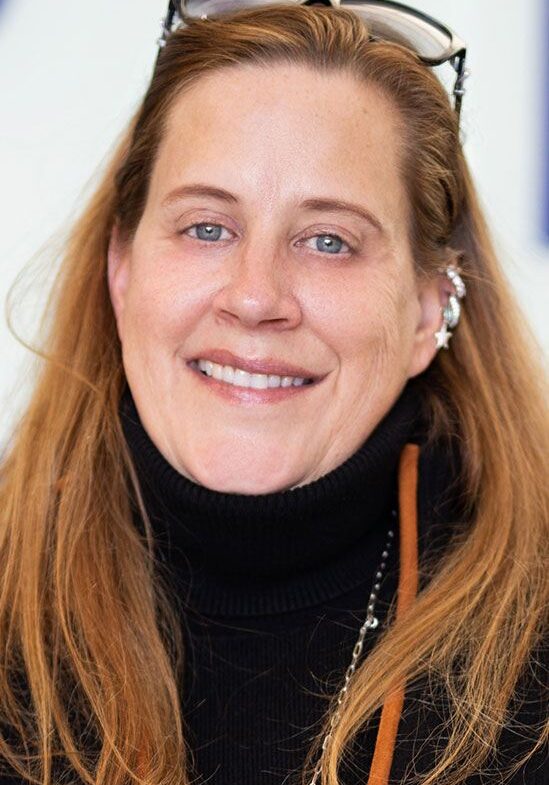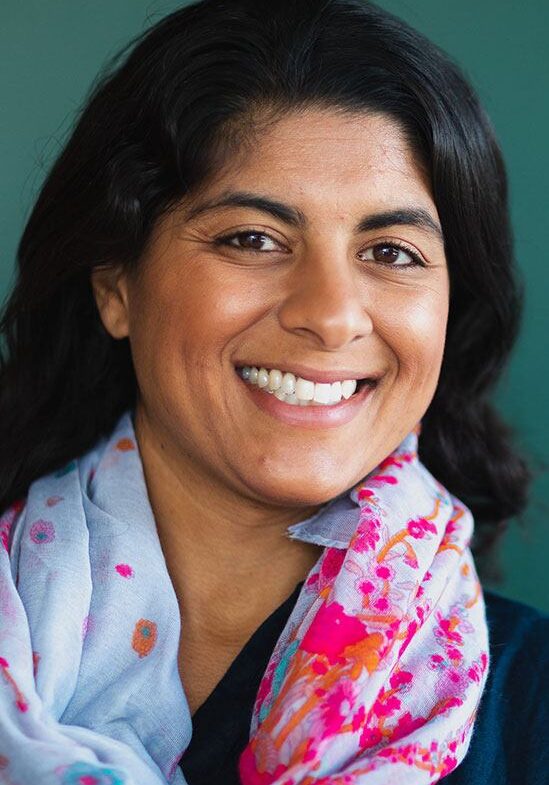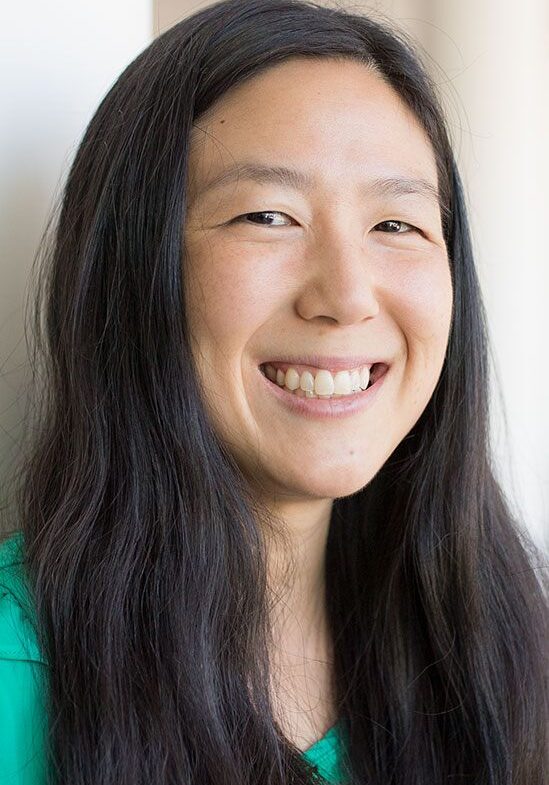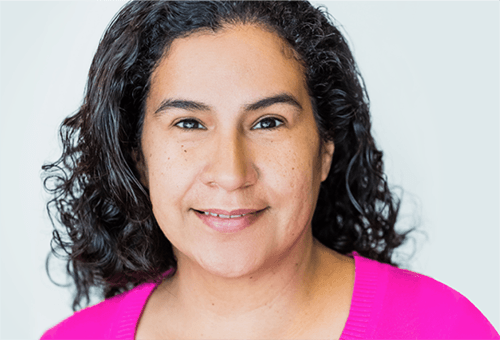To celebrate Mother's Day this year, HackerRank has launched Moms Who Code - a series of interviews with incredible women who are balancing the demands of motherhood while leading technical teams at PayPal, Snap Inc., VMware, Peloton, and Lyft.
Our interviewees cover everything from their career journeys, how companies can support working moms, how organizations can remove bias in their hiring process, the importance of parents sharing child-rearing responsibilities, and more.
In recent years, companies have been pushing to provide more support for working moms. Organizations are creating more inclusive workplace cultures and allowing flexible schedules. They are also implementing comprehensive maternity and paternity leaves as well as generous time-off policies.
Mothers in the workplace often face more discrimination in comparison to their co-workers who don’t have children as well as fathers in the workplace. Given this, companies providing more support for working moms is a great and necessary step forward.
At HackerRank, we hope that by highlighting all of the work organizations are doing to be more inclusive of mothers, other companies and working parents will leave inspired to enact changes of their own!
We'd love to hear your thoughts on Moms Who Code and learn about how your company is supporting mothers in the workplace. Feel free to tweet us @HackerRank.
-HackerRank Team
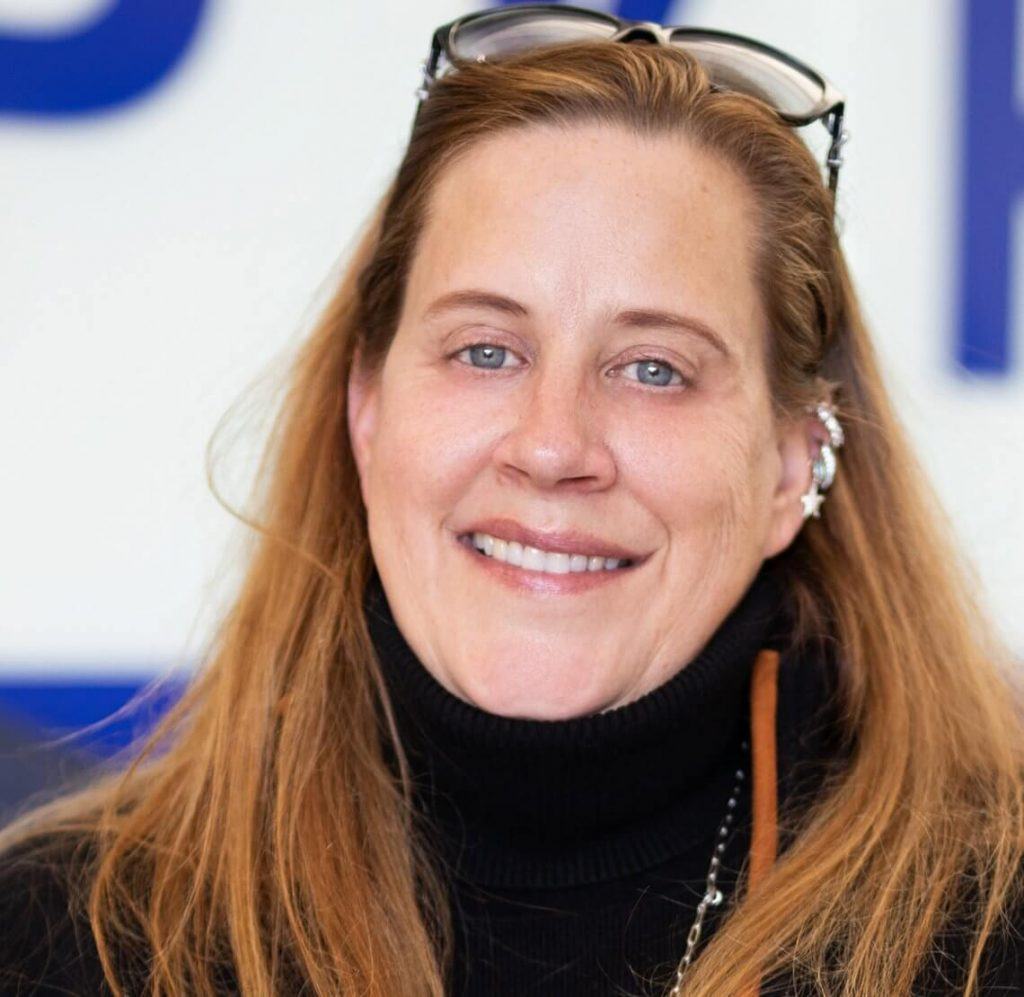


Beth Cannon, Product Management Director at PayPal
Photography by David Law
PayPal Product Management Director, Inspiring Leader, and Mom of 2
Beth Cannon is the proud mother of two daughters, ages 15 and 17. She’s been with PayPal for 7 years and is the director of product management for the company’s developer experience and core platforms team. Previously, she led the information security and infrastructure engineering teams. Beth is also dedicated to making a difference in her PayPal community. She’s a leader of PayPal’s Women Who Build organization which is part of the company’s employee resource group, Unity where women and men work together to empower women at PayPal. Women Who Build is the pillar that supports women in tech and product.... continue reading
-
What do you enjoy the most about your job and what’s something you’ve created at PayPal that you’re particularly proud of?
I love PayPal’s purpose of financial inclusion for all and our drive to provide opportunities for everyone to participate in the global economy. PayPal’s community embodies these values through inclusion, collaboration, customer-first, and wellness, and I see people live these values daily at work.
I’m extremely proud of the ways in which I led the change that continues to grow in our security team to enable our developers to produce secure code in the development lifecycle. I’m also extremely proud of what my cohort and I have done with Women Who Build from sponsorship of events focused on future generations, to community events with authors Sally Helgesen and Pratima Rao Gluckman, to internal events around career and inspirational presentations, tech how-tos, product how-tos, and hands-on learning.
-
What do you enjoy the most about being a mom?
The opportunity to nurture, teach, and help another human being to be the best they can be is amazing. Being a working mom with two daughters makes me feel like I’m setting an example that my daughters can do anything they want in any way they want.
-
Did you face any challenges when returning to work after your maternity leave?
They were some of the most heart-wrenching moments I’ve experienced. I cried, I worried, and I talked to the dog, a lot. So many questions were running through my mind. Was I doing the right thing? Should I be home longer with them? What if my decisions “messed them up” for life? What if something happened to them and I wasn’t there?
As I returned to work, each day got easier and I worried less, but I think all parents worry all the time about all the decisions we make, the hours we work, making choices and what our actions and words are teaching our children. At the end of the day, I worry and fret because all I want for my girls is happiness and well-being.
-
How has PayPal helped you overcome those challenges and how has the company supported you as a working mom?
I joined PayPal when my oldest was finishing 4th grade and youngest was finishing 2nd grade. The decision to work for PayPal was big because the distance between my home and the office is far and it’s a long commute. From the beginning, there was flexibility and trust. Flexibility to work from home and flexibility to take care of both family and work. As long as I am performing, I am trusted to do the right thing by the company and the right thing for my family and myself.
Wellness is also one of our core values at PayPal and we take seriously that people need to renew, people need to take care of their families (whatever that looks like) and people need to take care of themselves in addition to the work they produce for PayPal. One of the greatest benefits we have at PayPal is 4-week sabbatical for every 5 years of service. Sabbatical provided me with a greater perspective and a renewed sense of purpose. Happy employees lead to happy customers and great outcomes!
-
HackerRank research has found that women are closing the gender gap in the computer science field and have the in-demand skills that hiring managers are looking for. But, resumes with female-sounding names are less likely to be hired than resumes with male-sounding names even if their resumes are exactly the same. What do you think should be done to change this?
The solution has to be built in at all levels. AI and automated systems screening resumes need to ensure that a name or other identifying traits of any single person isn’t valued in the “picking” of a resume review for the next step – it has to be modeled on skills, experience and communication skills. The recruiting team needs to be aware of unconscious bias and must consider the pipeline and a variety of sources for the pipeline. Measuring the diversity of your candidate pipeline is valuable as it can show where you are and how you may be able to improve that pipeline.
Hiring managers must have clear, defined criteria set of skills classified in advance that sets out what a successful candidate looks like and must consider both soft skills and technical skills that meet the needs of the team and the position. Criteria must be shared with recruiting and interview panels. Interviewers should be required to fill in a rubric that scores the candidate on the criteria and the most qualified candidate should be selected using the scoring from the interview panel.
-
Is there any other advice you’d like to share with other working mothers or women in tech in general?
Perseverance and perspective are key. Know who you are and what you can offer and know that you are the only you there is. Take risks, be okay with stepping into things that aren’t comfortable or something you’ve never done before. Know that no person will ever meet 100% of the qualifications for any given job or task - don’t wait to put yourself out there. Build things that live beyond you and your time. Most of all, work to #inspire others.
Shaping the Data Science Field at Snap while Raising 2 Children
Sonali Son has always been passionate about both applied math and the social sciences. Now, she’s helping shape today’s field of data science. 3 years ago, she joined Snap’s data science team right after having her first son. While at Snap, she also had a daughter who is now 16 months old. Sonali currently manages Snap’s monetization data science engineering team.... continue reading
-
How did you begin your career in data science?
I started my career in roles that required a statistician with software skills. Quickly I found myself extracting unstructured data nested in messy log files on routers and servers. The merger of skills between engineering and statistics opened up a world of insight which seemed unattainable for researchers in analytical roles because of the technical skills gap and there’s where I often stepped in. Over time, I have gotten the chance to use these skills from advertising to cloud computing performance to auction design.
I attribute my growth to great managers, who created an open space for self-learning and analytical problem solving while advocating for my ability to take on new challenges. Little did those managers know, they helped shape today’s field of Data Science. A new generation of Data Scientists have entered the field with machine learning, applied statistics and coding skills and I have transitioned to building the careers of these engineers. I have found a passion for cultivating our organizational understanding of how to use data science engineering to tackle our hardest problems while challenging the team to apply their skills to new problems.
-
What do you enjoy the most about your job and what’s something you’ve created at Snap that you’re particularly proud of?
Snap is one of the few companies where engineers have a direct impact on the technical direction of a product while impacting a significant number of users globally. The responsibility and impact of our work are shared and that translates into a feeling that we are all, as a team and organization, moving towards a common vision.
This also goes for building our engineering culture and organization. I am most proud of the work in the last year of creating a cohesive vision of data science engineering at Snap by building out our promotion ladder and our hiring and interviewing culture. It’s rare to have the chance to shape an organization at that level and has been a tremendous learning opportunity.
-
How has Snap supported you as a working mom?
The single biggest impact for me was having a supporting and encouraging manager and team. My return to work without the right culture and management ethos would have just been an additional layer of stress.
For example, Snap has invested heavily in creating managers as Snap Leaders. As a manager, I learned to delegate and grow engineers who are confident and reliable. As a result, if I am completely offline during our family’s evening and bedtime routine, my team also knows when and how to get a hold of me. The same goes for when they have their own obligations. As a result of learning to delegate, we all have a sense of prioritization and general balance.
-
People often struggle to balance their passions for their careers and their responsibilities as a parent. What is the one thing you have adopted to balance both and keep you sane?
Going back to work after my second child, I was so tired. My days were capped by nursing a baby to sleep. By the end of the day, I would get some work done and go straight to bed.
To keep myself challenged intellectually, I decided to sign up for an Udacity course on deep learning as a way to brush up on skills that I didn’t use as much as a manager and add intellectual stimulation. It was a promise to spend at least 20 minutes after bedtime on anything not related to work or sleep. It was a game changer. Since then, I have used that time to learn options trading and currently I’m doing yoga.
-
Are there any working mothers or women in tech in general who really inspire you?
Michelle Obama’s book, Becoming, and her recent book tour has been an inspiration because she broke through the illusion that you can have it all or that you’re doing something wrong if you don’t or can’t. It’s hard to juggle modern parenthood and work, especially when you can’t necessarily lean on additional child-care or administrative help. Added to that is an impression that your career will halt completely if you prioritize parenthood. In reality, both obligations require constant negotiations and tradeoffs.
-
Is there any advice you’d like to share with other working mothers or women in tech in general?
During the toughest days, I lean on two pieces of advice: 1. This time with my children doesn’t last very long and 2. The seat at the board isn’t going anywhere. Career opportunities will continue to arise as long as I continue to learn and enjoy myself.


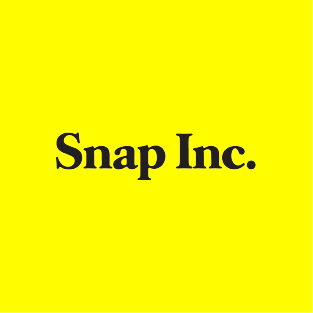
Sonali Son, Data Science Engineering Manager at Snap Inc.
Photography by Nick Lie


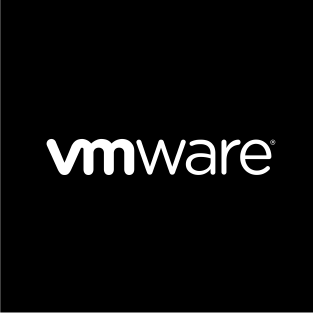
Prafulla Arvind, Engineering Manager at VMware
Photography by David Law
Pushing Innovation at VMware and Balancing Motherhood
Prafulla Arvind fell in love with computer science at a young age. She began writing code after seeing her brother code and then went on to take computer science classes in high school and in college. She started as a developer at VMware back in 2012 and was soon promoted to a technical lead position. Now, Prafulla is an engineering manager leading one of VMware’s data science teams while also taking care of her 9-year-old daughter.... continue reading
-
What do you enjoy the most about your job and what’s something you’ve created at VMware that you’re particularly proud of?
My job gives me the opportunity to innovate and it’s challenging, making it more interesting each day. A project that I’m particularly proud of is the one I'm currently working on. We’re building an analytics platform at VMware with the ability to facilitate self-healing systems.
Self-healing systems are systems that become aware when something is not working in the system and they make the necessary changes to repair their problems without any human help. It’s exciting to be working on this because there is a lot of value in mining the data and getting useful insights.
-
Did you face any challenges when returning to work after your maternity leave?
My daughter was born while I was working in a smaller company before VMware, where I did not have the flexibility that I have at VMware and I felt it was too soon for me to return to work after the maternity leave. But I had to because I was part of a small engineering team that was supporting the entire company’s needs. It was difficult for me to be away from work for long which made it challenging the first few months after I returned.
-
How has VMware supported you as a working mom?
VMware gives a lot of importance to working mothers and to new parents in general. The company recognizes that having children is a life-changing event and parents need time to adjust to the new lifestyle.
I truly feel lucky to be working in a company like VMware. I have been able to take time off when needed to care for my kid. There have been several occasions in the 7 years that I have been at VMware where I had important meetings and appointments for my kid that I couldn’t miss, and I have always been able to handle both because of the flexibility that the company provides.
-
People often struggle to balance their passions for their careers and their responsibilities as a parent. What is the one thing you have adopted to balance both and keep you sane?
I believe it is discipline and better planning for me that has helped me pursue my career. You have to accept the fact that you cannot do everything, so prioritizing the things that are important both in work and life helps bring in some sanity. Always take time to breathe, workout, meditate or anything that calms your mind and helps you think clearly.
-
Are there any working moms or women in tech in general who really inspire you?
Yanbing Li is SVP and GM at VMware and she really inspires me with her positive outlook in life. She was a panel member at a Women in Technology conference, and she talked about how she manages to raise 3 children and lead organizations at the same time. It’s inspiring to see that it is possible to balance your career and motherhood. It is like learning from the best.
-
HackerRank research has found that women are closing the gender gap in the computer science field and have the in-demand skills that hiring managers are looking for. But, resumes with female-sounding names are less likely to be hired than resumes with male-sounding names even if their resumes are exactly the same. What do you think should be done to address this issue?
I hear this a lot about resume screenings. There should be standardized tests which are provided for all the candidates for screening. This will allow the eligible candidates an opportunity to move forward.
Also, we always educate women about these issues but there should be education for men as well. Both men and women have to push for and participate in bringing these changes to action.
Peloton’s Director of Business Intelligence Talks About Being a New Mom
Helen Park-Wheat originally thought she would be a chartered financial analyst but soon realized it wasn’t for her. She found that she preferred the satisfaction of developing logic that can withstand structural changes as a business intelligence analyst. She joined Peloton almost 4 years ago as their first analyst hire. Helen is now balancing her responsibilities as the company’s director of business intelligence while also adjusting to life as a new mom to her 6-month-old son, Sammy.... continue reading
-
What was your career journey like and what’s a project from your career that you’re proud of?
I started my career in finance. I wanted to work with numbers, and finance seemed the most appropriate sector at the time. I was studying for the second Chartered Financial Analyst exam and realized that that wasn’t what I wanted to do with my life. I saw a number of friends working at tech companies with more interesting problems to solve, great work perks, and schedules that didn’t require getting into the office before 6 am.
Switching industries was tough. Every analyst position required prior experience and I was unsure about where to acquire the necessary skills. I ultimately landed at a small, 15-person ad tech startup out of Palo Alto, which allowed me a chance to build up some of my technical skills. From there I moved to New York City and eventually began working at Peloton.
I was Peloton’s first analyst hire and when I started, I built the e-commerce event stream that still powers our sales reporting and much of our sales analyses today. That’s a project I’m proud of.
-
What do you enjoy most about being a new mom?
I still very much enjoy working, thinking through tough problems, and adult conversations, but I’ve never looked forward to the end of the work day so much before. I pick my son up after daycare, we ride the subway home, and we just play for 45 minutes before starting his bedtime routine. Having Sammy has forced me to (or at least try to) be better about setting priorities at work so I can be more present at home.
-
Did you face any challenges when returning to work after your maternity leave?
The most difficult part about coming back to work was Sammy’s sleep schedule. That first week was so exhausting but I’ve somehow acclimated to reduced, lower quality sleep and I’ve been managing alright since, despite his sleep regressions.
-
How has Peloton helped you overcome those challenges and how has the company supported you as a working mom?
Flexibility and trust. When I was nine months pregnant and unable to comfortably work in the office, my team was very accommodating and allowed me to work from home all month. Now, when daycare is closed, I shift my work schedule to take care of my son first and catch up on work in the evening.
I’ve worked very hard at Peloton and have built up a reputation during my time here as a diligent worker and subject matter expert on our data models. My team has been so trusting of my judgment and work ethic which has enabled me to find my own ways to push projects forward that might not have been possible had I been at a company that wasn’t as accommodating or flexible when it came to my schedule as a parent.
-
People often struggle to balance their passions for their careers and their responsibilities as a parent. What is the one thing you have adopted to balance both and keep you sane? Do you have any stories where you had to handle both parental and work responsibilities simultaneously and were able to manage both?
My husband and I are good about sharing responsibilities generally, but we do so more formally now that we have Sammy to care for. Our time is not uniquely our own anymore and so spending time with our son and each other requires more planning.
We have landed on my husband taking an extra year for his PhD to allow him a more relaxed timeline to spend more time with our son. This means I’m shouldering the financial burdens of our family another year, but it also means I have additional support from my husband so I can spend more time building out my team and my career at Peloton.
-
HackerRank research has found that women are closing the gender gap in the computer science field and have the in-demand skills that hiring managers are looking for. But, resumes with female-sounding names are less likely to be hired than resumes with male-sounding names even if their resumes are exactly the same. What do you think should be done to change this?
There needs to be multiple methods in order to recruit a more diverse talent pool. On my team, we send out a take-home task before we phone screen, largely to handle the volume of applicants, but it has served to provide insight into whether the candidate could handle the baseline functions of the role regardless of background.
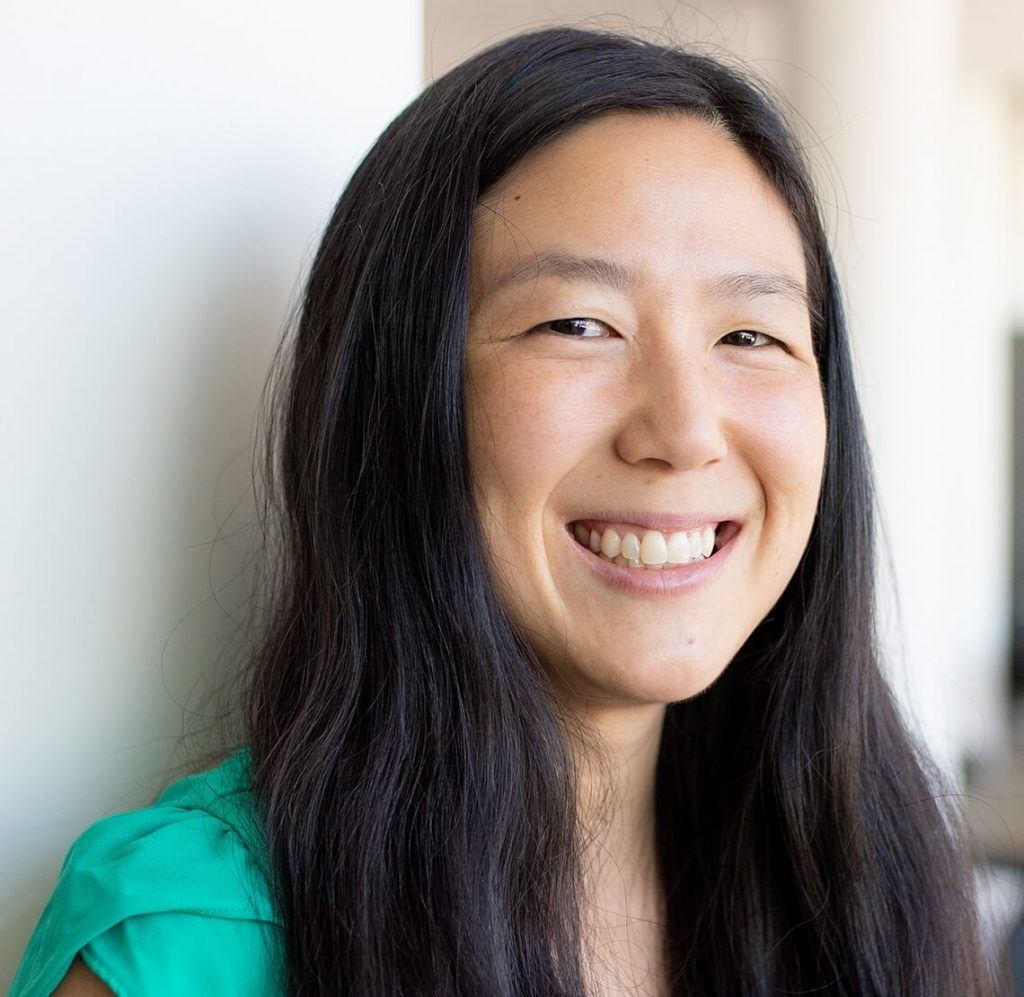
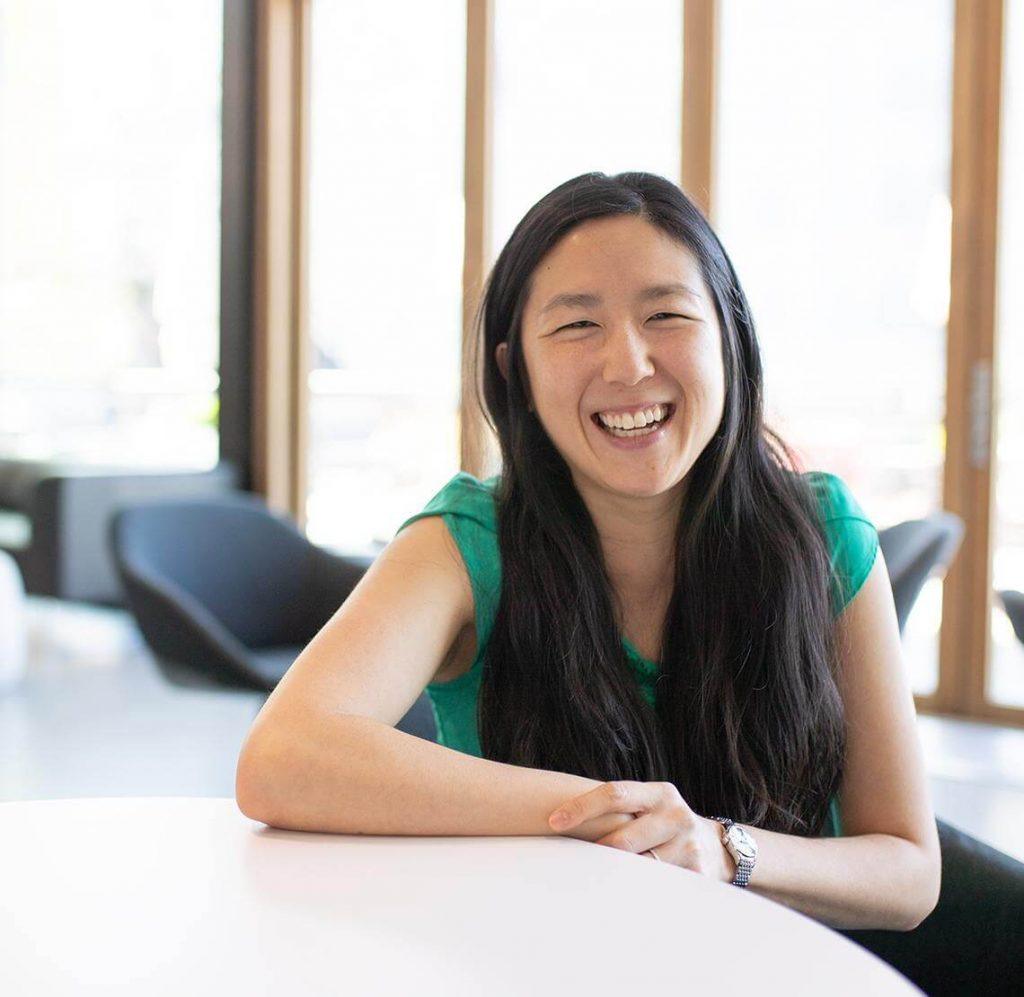
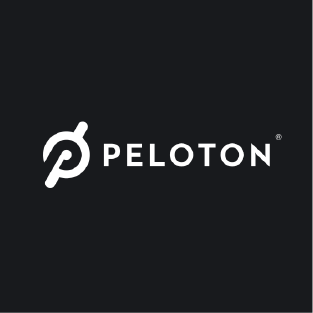
Helen Park-Wheat, Business Intelligence Director at Peloton
Photography by Michael Li

